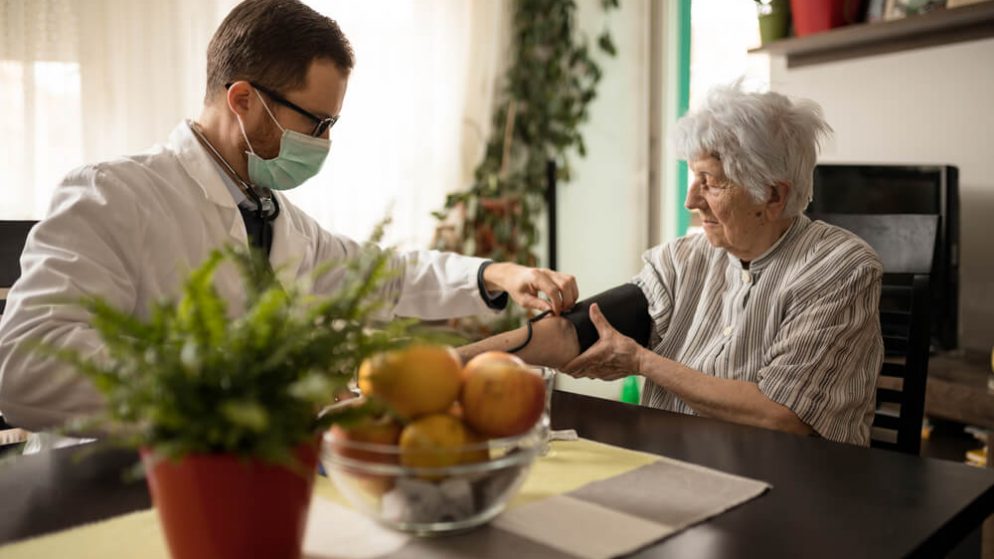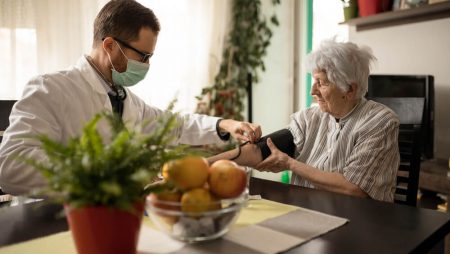



Get new exclusive access to healthcare business reports & breaking news




Nursing home neglect happens more often than one could possibly imagine. Do you suspect a loved one being a victim of nursing home neglect? How would you know the signs? Learn more about what nursing home neglect is all about and how to determine the signs by reading below.
Nursing home neglect or abuse refers to intentionally denying nursing home residents the appropriate healthcare treatment they’re supposed to receive. Neglect pertains to the failure to meet a person’s basic needs, including food, clothing, water, hygiene, clean shelter, and essential medical care.
Check this surprising Nursing Home Abuse Statistics:
Now that you know what nursing neglect is, continue reading below to learn how to identify signs of nursing home neglect.
When it comes to the general signs of physical nursing home neglect, they’re as follows:
In Illinois, senior abuse reports allege physical abuse, financial exploitation, emotional abuse, or passive or active neglect according to the official website of the city. These abuses happen to the elderly who can no longer take good care for themselves, especially those with Alzheimer’s disease. Sadly, victims are subjected to different types of abuse, particularly physical abuse.
Be keen to look for warning signs of emotional abuse in the nursing home such as:
A CNN report published in 2017 showed accusations from three resident women who had mobility problems and they became the sex abuse victims of Luiz Gomez, a health aide at Brian Center Health & Rehabilitation in Waynesville, North Carolina. The director of the facility didn’t believe and even mocked the resident who reported her experience with the perpetrator.
Family members of the seniors living in nursing homes must be keen on watching out for the signs of sexual abuse as evidenced by:
Another probable sign that nursing home neglect occurs is a higher number of sick days. While seniors are considered a highly vulnerable group during this COVID-19 pandemic, long-term healthcare facilities are still mandated to protect their residents by complying with health and safety protocols set in place by the government.
In a recent report, a lawsuit was filed on behalf of Richard John Cieski, Sr., a veteran who had COVID-19 at the LaSalle Veterans’ Home. The healthcare facility was accused of negligent care, wherein there was failure to provide reasonable medical care, inadequate and improper use of personal protective equipment, and non-compliance with the set guidelines of health authorities.
Wearing face coverings and social distancing should still be implemented to avoid transmission of coronavirus and other diseases. A senior who frequently complains of getting sick more often than before should be checked by a medical doctor immediately. Frequent infections, flu, or fever could possibly stem from poor grooming and an unkempt healthcare facility. High incidence rates of COVID-19 would also warrant negligence on the part of the management.
Caregivers also experience common personal problems that can lead to nursing home abuse. Due to excessive stress and chronic fatigue brought about by daily responsibilities, some caregivers resort to illicit drug abuse and alcoholism.
Family member visitors may witness a threatening, controlling, or belittling behavior of a caregiver, a warning sign of nursing home abuse. The elderly might appear frightened and overly in good behavior when the caregiver is talking or around.
Elder abuse, especially in nursing homes, is very common. Neglect, exploitation, and other forms of abuse are experienced by 1 out of 10 people (60 years old and above). From 2002 to 2016, there were 643,000 elderly patients who were treated for nonfatal assaults in the emergency department and more than 19,000 homicides reported.
One can prevent elder abuse by:
Nursing home neglect can be identified by assessing the unexplained signs and symptoms of physical, emotional, sexual, and other forms of abuse. Watch out for subtle signs and the older person’s cry for help. Also, beware of the behaviors of the caregiver or health aide. By following some tips discussed above, one could easily evaluate if an elderly nursing home resident is a victim of neglect or abuse.